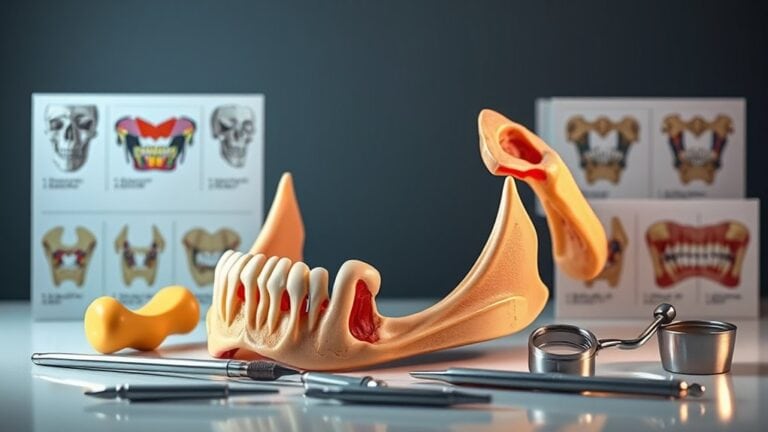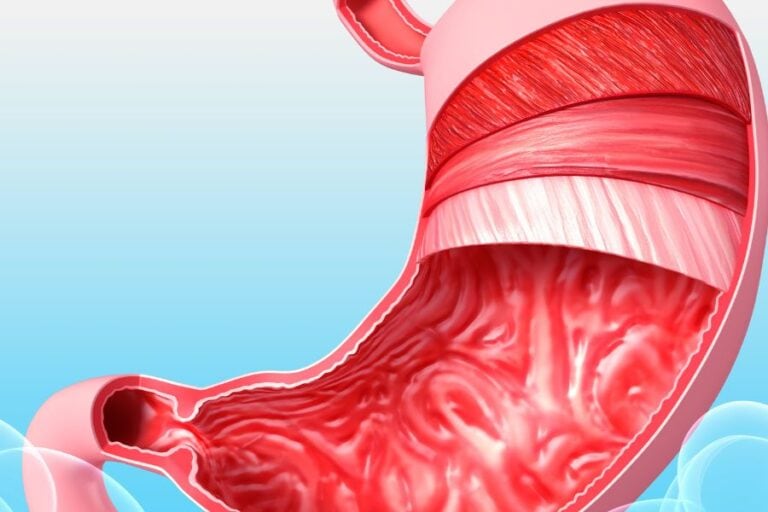Lichen sclerosus is a chronic skin condition that often affects the vulva, causing discomfort, itching, and thinning skin. While steroid creams are commonly prescribed, their benefits could wear off over time, and prolonged use can lead to further skin thinning. Many people seek gentler alternatives, turning to natural remedies like coconut oil, herbal salves, and probiotics to soothe irritation and support healing. Might these options offer meaningful relief without the downsides of conventional treatments?
Symptoms of Lichen Sclerosus
Coconut oil and emu oil can soothe itching. Lichen sclerosus symptoms often include burning pain, irritated skin, and white patches, particularly in Vulvar Lichen Sclerosus. This inflammatory skin condition affects the skin around the vulva, anus, or other areas, causing discomfort.
Symptoms might worsen over time, leading to skin thinning, painful cracks, or skin sores. The affected area can feel tight, itchy, or raw, making daily activities like sitting or urination painful. Some notice their skin becomes fragile or tears easily.
While mild cases could come and go, severe cases can cause lasting changes to the skin’s texture and structure. Prompt recognition of these signs helps manage discomfort before complications arise. Gentle care and avoiding harsh products can ease irritation.
What Causes Lichen Sclerosus?
While symptoms like itching and skin changes can make lichen sclerosus uncomfortable, awareness of what ignites it could assist in managing the condition more effectively. The exact cause remains unclear, but experts believe it’s an autoimmune condition where the body mistakenly attacks healthy skin.
Hormonal changes, particularly lower estrogen levels, could contribute, especially in postmenopausal women. Genetic factors also play a role—those with a family history are more predisposed. Skin trauma, infections, or low immune function may trigger flare-ups in susceptible individuals. Though not contagious, these factors combine to create vulnerability.
Comprehension of these triggers helps in recognizing patterns and seeking timely care, offering a clearer path to relief.
Are Steroid Creams Effective for Treating Lichen Sclerosus?
Do steroid creams really help with lichen sclerosus, or do they just mask the problem? While Steroid Creams are the primary treatment, their effects often fade. About 72% of younger women see symptoms return within three years.
Over time, these creams might cause thinning of the vulvar skin, making them a poor long-term solution. They also work poorly for women over 70 years of age. Because of these issues, some turn to alternatives like coconut oil or olive oil for relief without side effects.
Herbs such as chickweed, calendula, and gotu kola, known for their anti-inflammatory properties, could also soothe itching and support healing. For lasting comfort, natural options could be worth considering alongside or instead of steroids.
Natural Oils and Herbs for Lichen Sclerosus
Many people with lichen sclerosus find relief by turning to natural oils and herbs, which can ease discomfort without harsh side effects. Coconut and olive oil, known for their anti-inflammatory properties, help soothe and moisturize irritated skin.
Chickweed and calendula, often included in creams, reduce itching and inflammation while offering antibacterial, antiseptic, and antifungal benefits to prevent infections. Gotu kola promotes healing and minimizes scarring, making it a valuable addition to natural treatments.
These remedies can be used alone or alongside prescribed creams for long-term relief. By using these gentle options, individuals with lichen sclerosus can potentially experience reduced symptoms and improved skin health, offering a safer alternative or complement to traditional therapies.
Probiotics and Lifestyle Changes for Relief
Beyond natural oils and herbs, managing lichen sclerosus often involves supporting the body from the inside out. Probiotics can help restore the vaginal microbiome, reducing symptoms by balancing bacteria and easing irritation.
An anti-inflammatory diet—rich in omega-3s and antioxidants—may calm the immune response, while cutting gluten could further lower inflammation. Stress worsens flare-ups, so relaxation techniques like deep breathing or gentle yoga can help.
Herbs like Ashwagandha and Passionflower promote better sleep, which is vital for healing. Prioritizing rest strengthens the body’s ability to cope with discomfort. Small, consistent changes—like staying hydrated and avoiding harsh soaps—also make a difference.
Together, these steps create a supportive environment for the body to heal naturally, easing the burden of lichen sclerosus over time.
Conclusion
Like brushing sand off a wound to let it breathe, natural remedies can gently ease lichen sclerosus symptoms without the harshness of strong medications. While not a cure, soothing oils, probiotics, and anti-inflammatory habits offer a softer path, helping skin heal while easing discomfort. Working alongside medical treatments, these approaches can restore comfort and confidence step by step.





